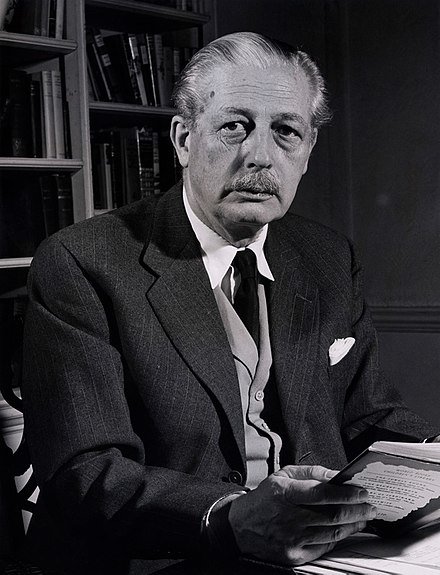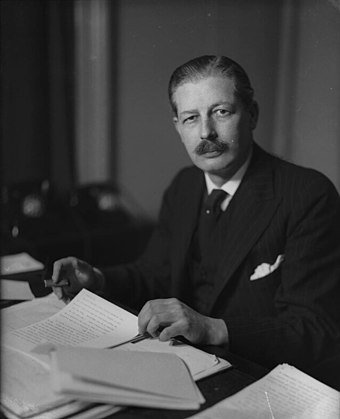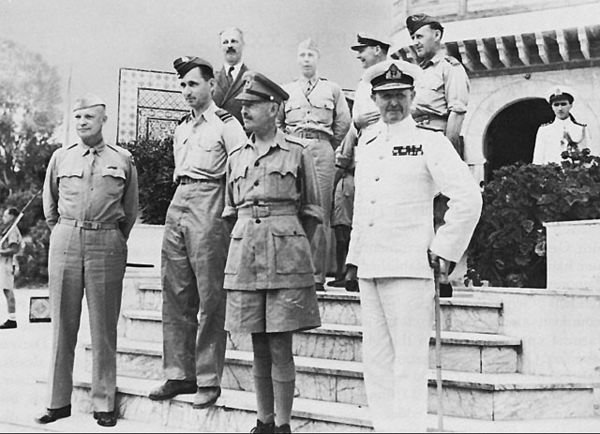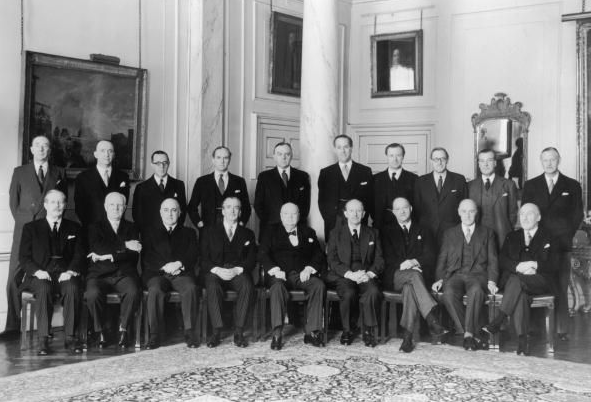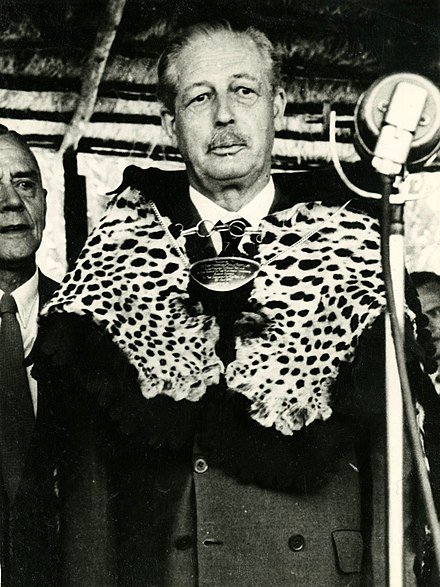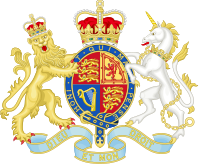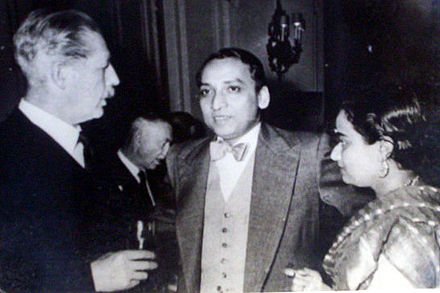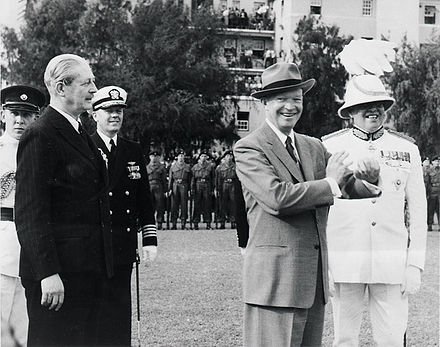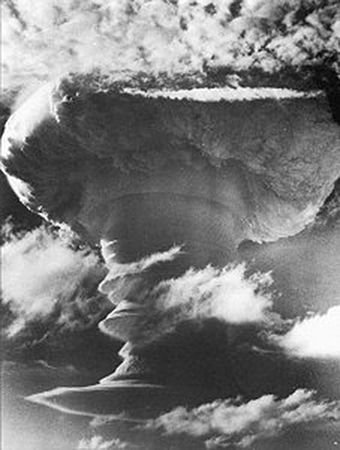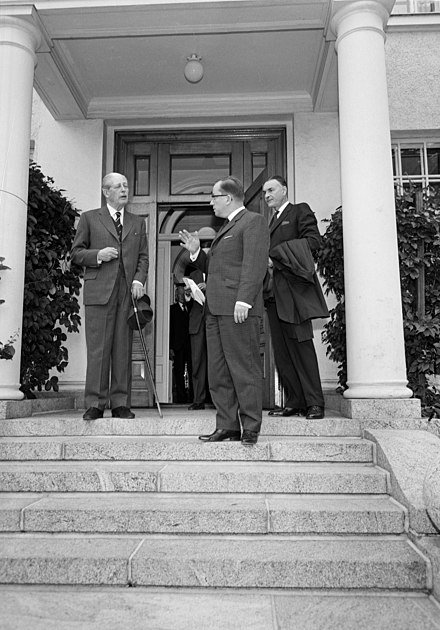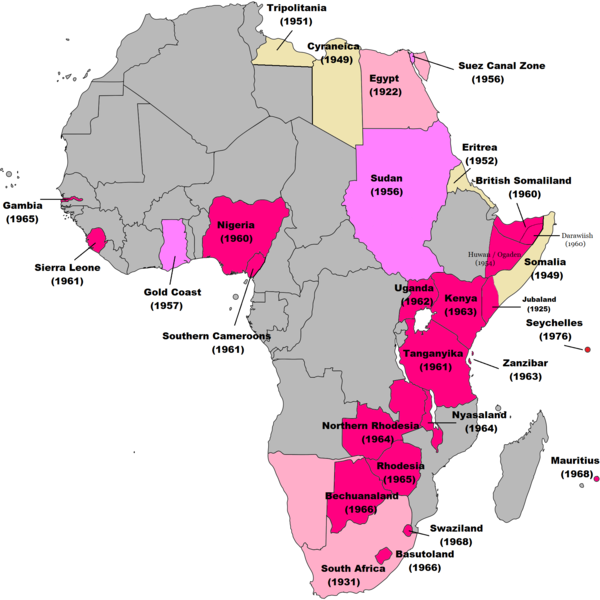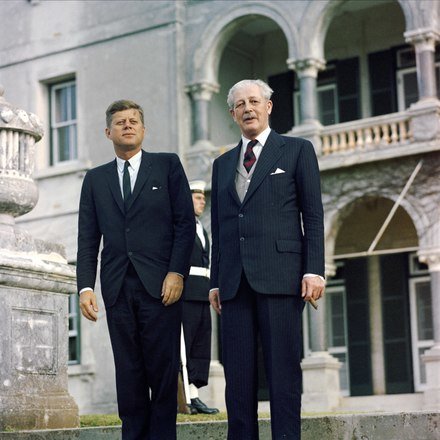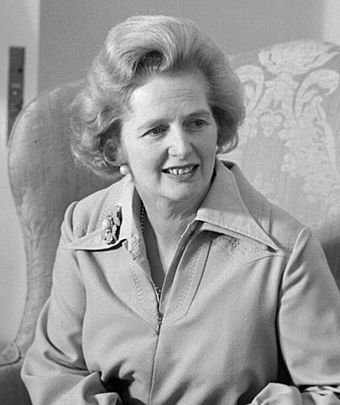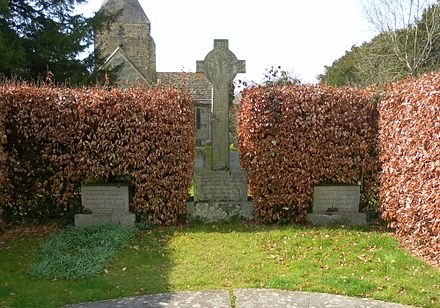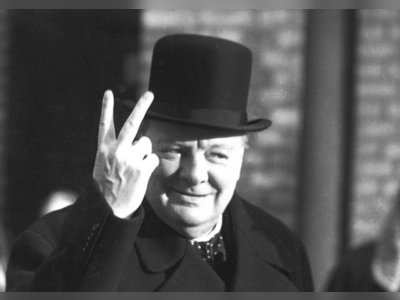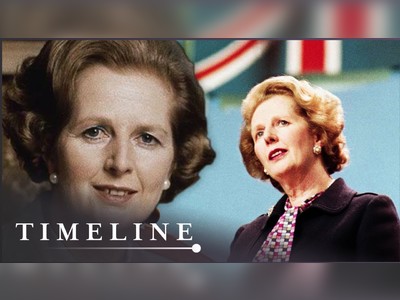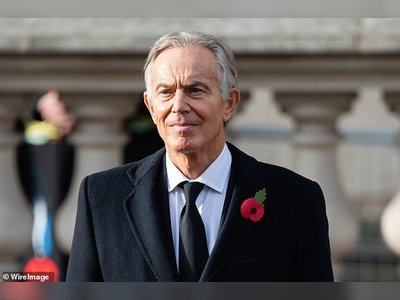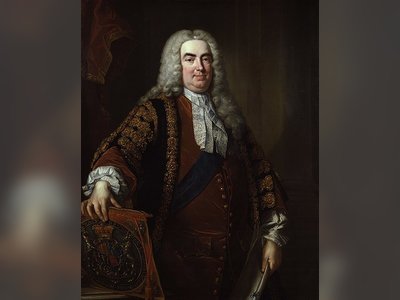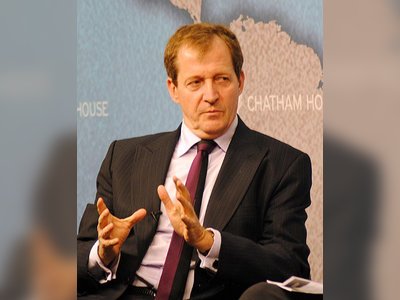British Heritage
Remember, Cherish, Learn.
beta
Harold Macmillan
A Legacy of Pragmatic Leadership and British Heritage.
Contribution to British Heritage
Harold Macmillan, 1st Earl of Stockton, OM, PC, FRS, left an indelible mark on British heritage through his political career and leadership. Known for his pragmatism, wit, and unflappability, Macmillan's contributions spanned various domains, from domestic policies to international affairs.
As Prime Minister from 1957 to 1963, Macmillan championed the concept of "One Nation Toryism," following the tradition of Benjamin Disraeli. This approach advocated for a balanced and inclusive society, emphasizing social welfare, a mixed economy with some nationalized industries, and strong trade unions. Macmillan believed in the welfare state and actively pursued deficit spending to maintain demand and foster growth. During his tenure, the United Kingdom experienced an era of affluence characterized by low unemployment and notable economic growth.
In the realm of international affairs, Macmillan played a pivotal role in rebuilding the Special Relationship with the United States after the Suez Crisis in 1956, which had severely strained diplomatic ties. Additionally, he facilitated the decolonization of Africa, paving the way for nations to gain independence and forge their own destinies. Macmillan also focused on modernizing Britain's defense capabilities to meet the challenges of the nuclear age, ending National Service, acquiring Polaris nuclear forces, and participating in the Nuclear Test Ban with the United States and the Soviet Union.
Success and Achievements
Harold Macmillan's success as a leader was evident in his ability to steer the Conservative Party to victory in the 1959 general election, securing an increased majority. Under his leadership, Britain enjoyed a period of relative prosperity, earning him the moniker "Supermac" and leading him to famously declare in a speech in July 1957 that the nation had "never had it so good." This phrase encapsulated the sense of optimism and economic well-being experienced by many during the 1950s.
Macmillan's pragmatic approach to governance allowed him to navigate complex issues and challenges effectively. His skilled diplomacy and statesmanship were evident in his efforts to repair relations with the United States and his pivotal role in the decolonization process in Africa. Moreover, his commitment to a strong welfare state and mixed economy contributed to the social and economic stability of the nation.
Personal Background and Family
Harold Macmillan was born on 10th February 1894 in Chelsea, London, to Maurice Crawford Macmillan, a publisher, and Helen Artie Tarleton Belles, an artist and socialite. He had two brothers, Daniel and Arthur. His grandfather, Daniel MacMillan, founded Macmillan Publishers.
Macmillan's early education was supervised by his American mother, who ensured he received a comprehensive education, including French, Latin, and Greek lessons. He attended Summer Fields School and Eton College, where he developed an interest in politics and admired several Liberal Prime Ministers. He later attended Balliol College, Oxford, where he engaged with various political societies.
In 1914, at the outbreak of World War I, Macmillan volunteered for military service, joining the King's Royal Rifle Corps and later transferring to the Grenadier Guards. During the war, he was severely wounded multiple times and spent the final two years in hospital.
Macmillan married Lady Dorothy Cavendish, daughter of the 9th Duke of Devonshire, in 1920. They had four children, but their marriage faced challenges, with Lady Dorothy engaging in a long-term affair with the Conservative politician Robert Boothby. Despite their differences, they remained married until Lady Dorothy's death in 1966.
Legacy
Harold Macmillan's legacy remains ingrained in British heritage, recognized for his pragmatic leadership during a time of significant political and economic change. His "One Nation Toryism" philosophy and focus on social welfare continue to influence British politics. Additionally, his contributions to rebuilding the Special Relationship with the United States and supporting the decolonization of Africa left lasting impacts on the international stage.
As the last British prime minister born during the Victorian era and the last to have served in World War I, Macmillan represented a bridge between historical eras. His long and eventful life encompassed key moments in British history, and his political decisions continue to shape the nation's path. Harold Macmillan's dedication to public service and his ability to navigate challenges with wit and pragmatism cemented his place as a significant figure in British heritage.
- Harold Macmillanen.wikipedia.org
